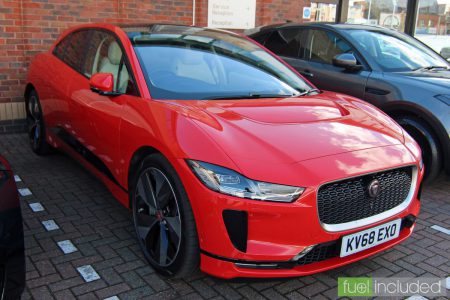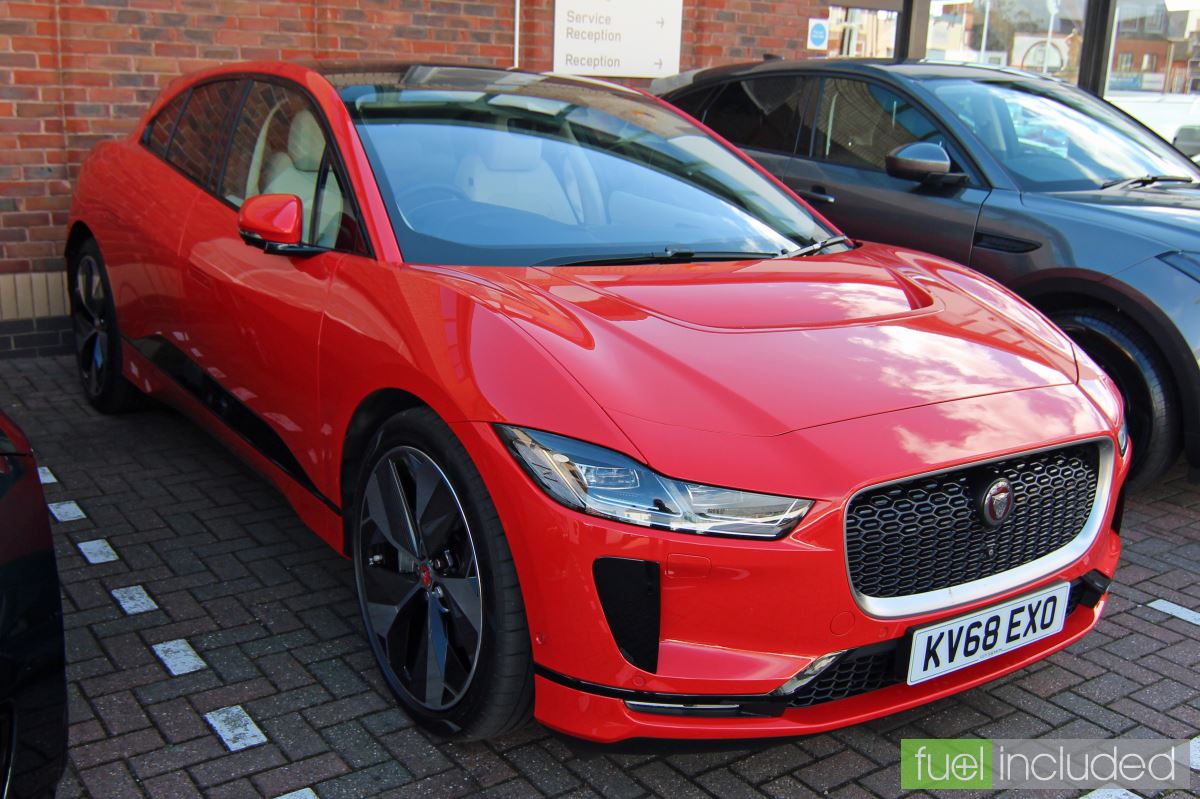Amidst a gloomy series of announcements pointing to car manufacturers pulling out of the UK, there are still some signs that the future could be bright for the UK’s automotive industry.
Jaguar Land Rover (JLR) has announced it will invest hundreds of millions of pounds in electric vehicle (EV) production at its Castle Bromwich plant in the Midlands, helping to secure 2,700 jobs. The previous government had been eager to show its support, handing a £500m loan guarantee to JLR, announcing it will make charging points mandatory in new homes and cutting company car tax for EVs from 2020. In his first address to Parliament as new prime minister, Boris Johnson emphasised his vision for the UK as “the home of electric vehicles”.

But how realistic is this grand ambition? The UK still only attracts a small fraction of the new global investment in electric car manufacturing. China, Germany and the US are getting the lion’s share, with car makers’ planned investments in these countries reaching a total of over $240bn. The domestic EV market lags behind other EU countries. And, while Johnson also claims that the UK is “leading the world in battery technology”, there are no plans for large scale domestic battery manufacturing facilities, with production capacity in Europe instead expected to reach 130 GWh by 2025.
Unless this changes, the global auto industry will continue to invest elsewhere and the UK will miss its chance to claim a major stake in this industry – not to mention the benefits of cleaner air and real progress in cutting carbon from the largest emitting sector in the UK.
Read more: CityMetric
